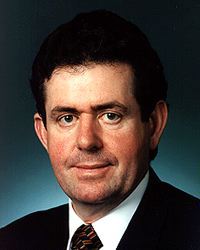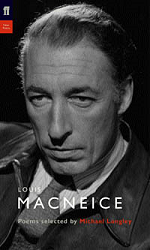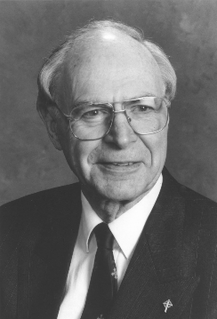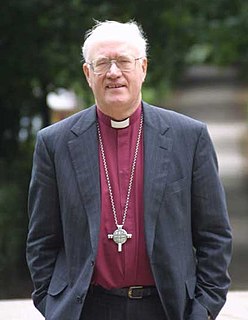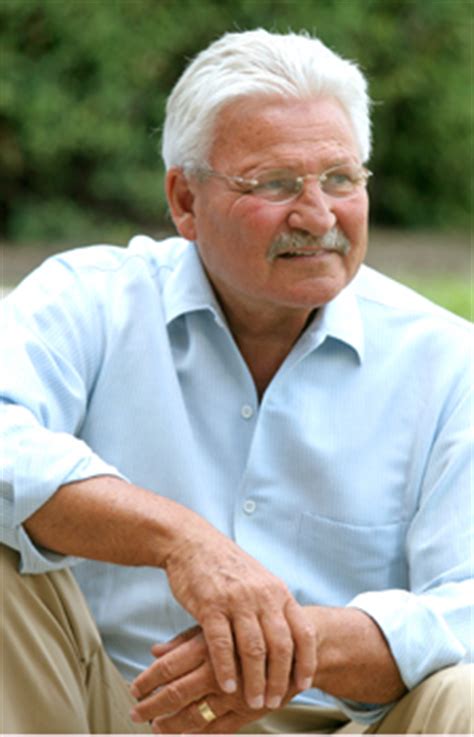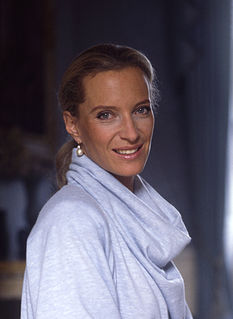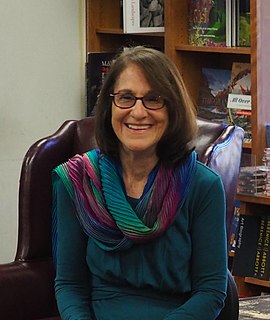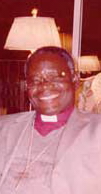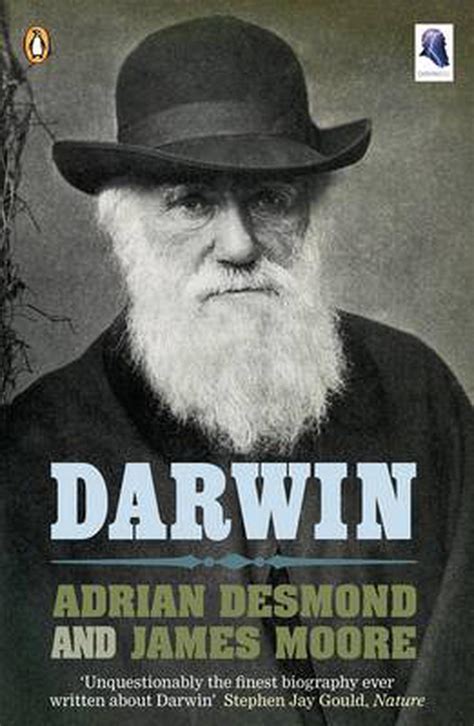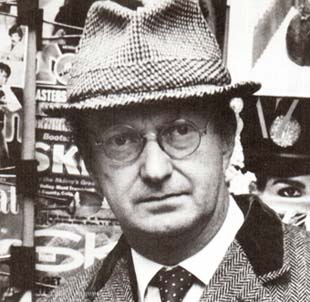Top 37 Anglican Quotes & Sayings
Explore popular Anglican quotes.
Last updated on April 22, 2025.
I thought that perhaps if the sky was truly free of clouds and any other distractions (birds, kites, skywriting), we could see if there was something else out there. I wasn't really raised in any religion (in England I attended an Anglican school and went to a Methodist church, but I left that all behind at the age of eight when we moved to the U.S.), but like most people, I sometimes wonder if there's anything or anyone out there.
I did not worry about what a man or woman personally believed, but the nation's official religion should be outwardly practiced by all its citizens. A religion was a political statement. Being a Calvinist, a papist, a Presbyterian, an Anglican labeled a person's philosophy on education, taxes, poor relief, and other secular things. The nation needed an accepted position on such concerns. Hence the fines for not outwardly conforming to the national church.
But miracles are not for the asking; they come only when the stern eyes of God droop shut for a moment, and Our Lady takes advantage of His inattention to grant an illicit mercy. God...is an Anglican, whereas Our Lady is of the True Faith; the two of Them have an uneasy relationship, unable to agree on anything, except that if They divorce, the Devil will leap gleefully into the breach.
My mother's family is Christian: her father was a Baptist lay preacher, and her brother, in a leap of Anglican upward mobility, became a vicar in the Church of Wales. But my mother converted to Islam on marrying my father. She was not obliged to; Muslim men are free to marry ahl al-kitab, or people of the Book - among them, Jews and Christians.
In a real world, the one outside the rarified atmosphere where Popes meet Archbishops of Canterbury, people no longer care whether somebody is an Anglican or a Roman Catholic. They already take it for granted that being a "believer" is more important than having a denominational name-tag any day of the week.
This may sound pernickety but I wouldn't describe myself as an evangelical. These are labels, which I don't think are helpful. If I was going to use any label it would be Christian, and if you push me any further I'd say I'm an Anglican - that's the family of the Church that I belong to. There's nothing wrong with any of the other labels, but if you have any of them I want them all. If you're going to say, 'I'm Catholic, liberal, evangelical...' let's have them all.
There is no doubt that this fusion of terrorist and Muslim feeds virulent forms of Islamophobia, which is also encouraged by such incidents as the Westgate Mall massacre in Nairobi and the Anglican Church bombing in Pakistan. 9/11 greatly intensified this tendency toward fusion, but it had also been nurtured by Israeli propaganda that portrayed their Palestinian and Arab adversaries as "terrorists." In fact, the US government approach after 9/11 was modeled in many of its features on Israeli tactics developed during the long occupation of Palestine.
My position on the issue of homosexuality is no different from the position of the Anglican Church and all the major denominations around the world. I know that it's different from the secular culture in the western world, but it's no different from the teaching of the church globally. We're Christians basically.
Most mainline Protestant churches are, to one degree or another, post-Christian. If they no longer seem disposed to converting the unbelieving to Christ, they can at least convert them to the boggiest of soft-left clichés, on the grounds that if Jesus were alive today he’d most likely be a gay Anglican bishop in a committed relationship driving around in an environmentally friendly car with an “Arms are for Hugging” sticker on the way to an interfaith dialogue with a Wiccan and a couple of Wahhabi imams.
In England, we have a curious institution called the Church of England. Its strength has always been in the fact that on any moral or political issue it can produce such a wide divergence of opinion that nobody -- from the Pope to Mao Tse-tung -- can say with any confidence that he is not an Anglican. Its weaknesses are that nobody pays much attention to it and very few people attend its functions.
The prince's official job description as king will be 'defender of the faith,' which currently means the state-financed absurdity of the Anglican Church, but he has more than once said publicly that he wants to be anointed as defender of all faiths—another indication of the amazing conceit he has developed in six decades of performing the only job allowed him by the hereditary principle: that of waiting for his mother to expire.





